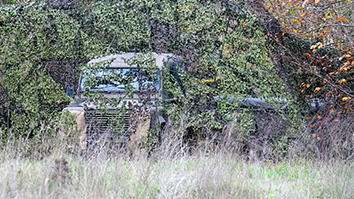Citation
G. Tur, U. Guz and D. Hakkani-Tur, “Model adaptation for dialog act tagging,” 2006 IEEE Spoken Language Technology Workshop, 2006, pp. 94-97, doi: 10.1109/SLT.2006.326825.
Abstract
In this paper, we analyze the effect of model adaptation for dialog act tagging. The goal of adaptation is to improve the performance of the tagger using out-of-domain data or models. Dialog act tagging aims to provide a basis for further discourse analysis and understanding in conversational speech. In this study we used the ICSI meeting corpus with high-level meeting recognition dialog act (MRDA) tags, that is, question, statement, backchannel, disruptions, and floor grabbers/holders. We performed controlled adaptation experiments using the Switchboard (SWBD) corpus with SWBD-DAMSL tags as the out-of-domain corpus. Our results indicate that we can achieve significantly better dialog act tagging by automatically selecting a subset of the Switchboard corpus and combining the confidences obtained by both in-domain and out-of-domain models via logistic regression, especially when the in-domain data is limited.


